Lebanon’s struggle to disarm Hezbollah and end occupation
- Update Time : Friday, May 9, 2025

Lebanon stands at a pivotal crossroads, facing one of the most complex and sensitive challenges in its modern history: disarming Hezbollah without plunging the country into internal conflict, while simultaneously reclaiming its sovereignty from an increasingly entrenched Israeli military presence. President Joseph Aoun’s decision to pursue dialogue with Hezbollah represents a prudent, if precarious, attempt to resolve the longstanding issue of the group’s arms. However, success will depend not only on Lebanese diplomacy but also on the role of external powers – particularly the United States – in reining in Israel’s aggressive posture.
Today, Israel continues to conduct near-daily airstrikes in southern Lebanon, claiming to target Hezbollah’s arms depots. It has deployed troops across five strategic southern locations, asserting their presence indefinitely. Israel justifies its operations by claiming that Hezbollah remains an armed threat, and it casts doubt on the Lebanese state’s capacity to manage the disarmament process. In reality, Israel’s unilateral actions undermine Lebanon’s sovereignty and, paradoxically, weaken the very Lebanese state that must be strong if Hezbollah’s military role is ever to be phased out.
Israel claims it is acting in accordance with UN Security Council Resolution 1701, passed in 2006 to end hostilities between Israel and Hezbollah after the brutal war that year. Yet its ongoing strikes, military deployments, and dismissiveness toward Lebanese complaints at the UN reveal a blatant disdain for international norms. Israel’s disregard for diplomacy renders Lebanon’s efforts to seek redress through the United Nations largely symbolic. Worse, it makes Hezbollah’s argument – that arms are essential for Lebanon’s defense – more persuasive to its domestic supporters.
The only actor capable of meaningfully pressuring Israel is the United States. Washington insists it supports a strong, sovereign Lebanon – a position that is indeed vital if Hezbollah is ever to evolve into a purely political organization. However, US actions betray its rhetoric. Instead of balancing its pressure between Lebanon and Israel, Washington has thus far opted to shield Israel diplomatically while pressuring Beirut. This lopsided policy emboldens Israeli intransigence and places Lebanon in an impossible position.
Lebanon cannot defeat Israel militarily. Its only realistic avenue for progress is diplomacy – but diplomacy is only effective when it carries with it the weight of possible consequences for noncompliance. For the Lebanese state to gain the upper hand in negotiations with Hezbollah, it must first demonstrate that it can defend the nation’s sovereignty without resorting to armed resistance. This requires a US policy shift: Washington must press Israel to respect Lebanon’s territorial integrity and offer a clear, credible timetable for withdrawal from southern Lebanon.
The problem is further complicated by Hezbollah’s internal dynamics. Targeted relentlessly by Israeli strikes, the group is now primarily concerned with its own survival. Less than a year ago, Hezbollah enjoyed near-total dominance over Lebanon’s political landscape. Today, its future as a political actor is increasingly uncertain. Although Hezbollah has expressed willingness to disarm in accordance with Resolution 1701, historical precedents make it deeply wary.
The examples are numerous and sobering. Libya’s Muammar Qaddafi dismantled his chemical weapons program, only to find himself bombed and deposed. Iraq’s Saddam Hussein complied with demands to destroy his Samoud missiles but was nonetheless invaded. In Lebanon, the Lebanese Forces disarmed after the civil war, only to see their leader, Samir Geagea, imprisoned on dubious charges. Hezbollah’s fears are understandable: giving up its arms could mean political extinction – or worse.
Nevertheless, the broader Lebanese interest must come first. Hezbollah’s weapons are now more a liability than an asset. They provide Israel with an enduring justification for its attacks and destabilize Lebanon internally. While Hezbollah once derived legitimacy from its role as a resistance force, today its arsenal serves primarily its own survival, not the national interest. The Lebanese state must therefore proceed carefully: neutralizing Hezbollah’s arms must not mean annihilating the Shiite community’s political representation, lest the country slip into civil war.
Despite its weakened status, Hezbollah retains significant grassroots support, especially among the Shiite population, which has borne the brunt of Israeli aggression. Any attempt to forcibly disarm Hezbollah could easily be framed as an assault on the Shiite community itself, risking catastrophic internal unrest. Hezbollah may not have the firepower to defeat Israel in open conflict, but it retains enough arms and popular backing to ignite another civil war. Thus, the group must be coaxed – not coerced – into disarmament.
At the same time, the situation has devolved into a dangerous stalemate: Israel justifies its military presence by citing Hezbollah’s arms, while Hezbollah argues that its arms are necessary because of ongoing Israeli aggression. It is a classic chicken-and-egg problem.
The only viable solution is a synchronized, step-by-step approach. Hezbollah’s disarmament must be linked directly to a phased Israeli withdrawal. This linkage would offer Hezbollah a face-saving way out, allowing it to transition into a purely political party without appearing to have been defeated. It would also offer tangible proof to the Lebanese population – including Hezbollah’s supporters – that disarmament serves the national good.
The United States must play a crucial role in facilitating this approach. Instead of issuing unilateral demands for Hezbollah’s immediate disarmament, Washington should insist on a comprehensive deal: Hezbollah disarms according to a verifiable timetable, while Israel withdraws all troops from Lebanese territory under international supervision. Simultaneously, the Lebanese Army must be deployed to fill every vacated position, ensuring no security vacuum is created.
Such a framework would present Hezbollah with a clear choice: comply and gain political legitimacy in a free, sovereign Lebanon – or refuse and risk total isolation. It would also put Israel’s credibility to the test. If Israel refuses to withdraw even as Hezbollah disarms, it would expose the hollowness of its security claims and internationalize pressure against it.
President Aoun’s decision to engage Hezbollah through dialogue is the right one. Force is not an option. However, dialogue alone will not suffice unless it is supported by an external framework that pressures all sides equally. Only then can Lebanon begin to move toward a future free of militia politics and foreign occupation.
Without such a strategy, Lebanon risks remaining trapped in a vicious cycle of war, insecurity, and political paralysis. The choice is stark – but the roadmap, if followed carefully, could lead to a real, lasting peace.


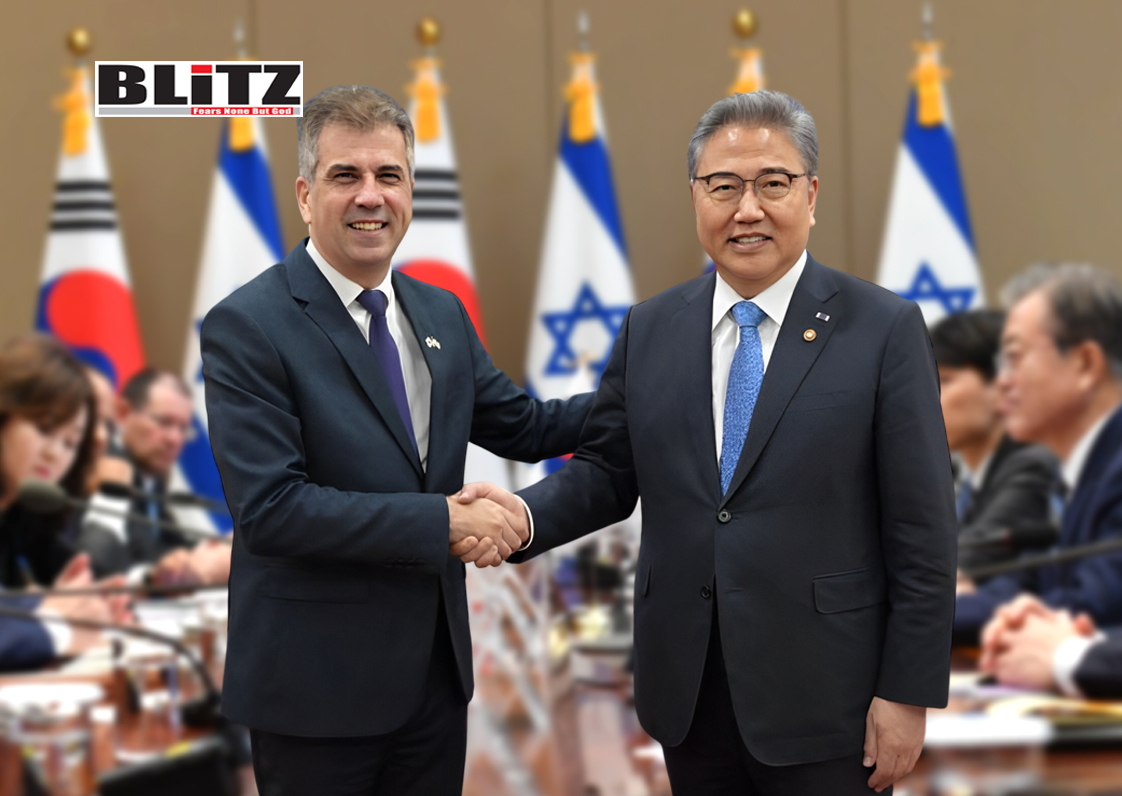
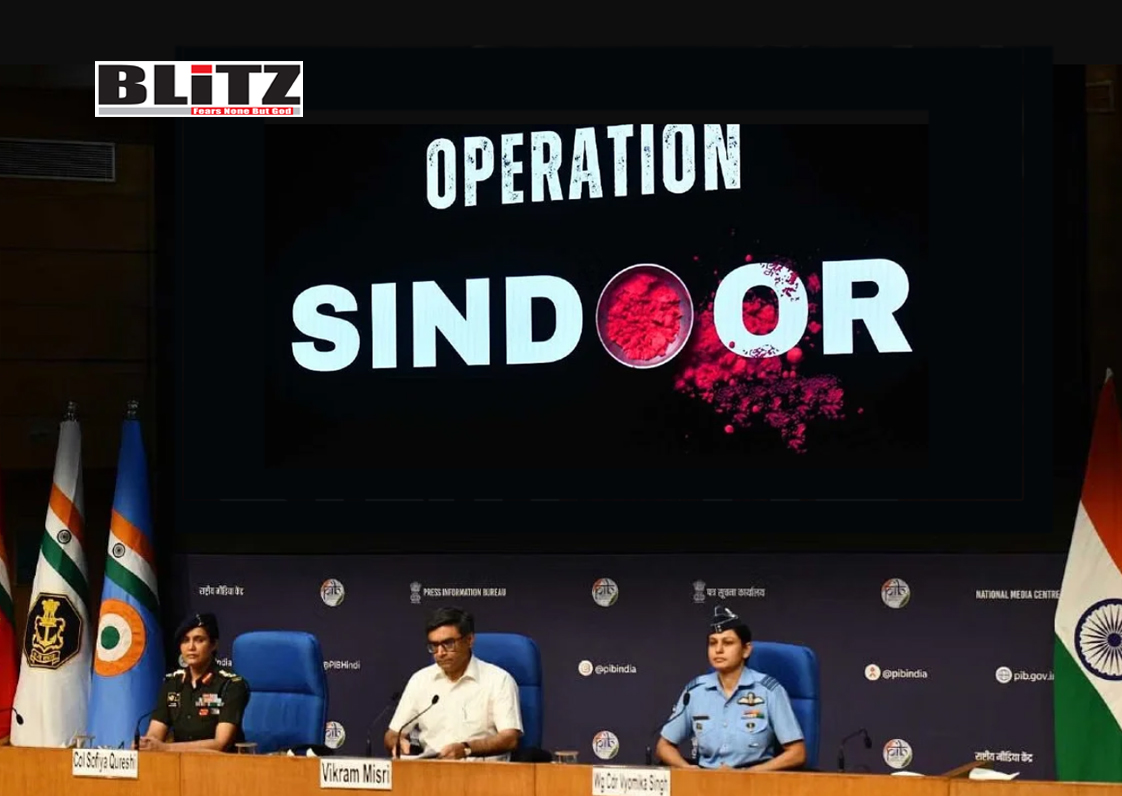
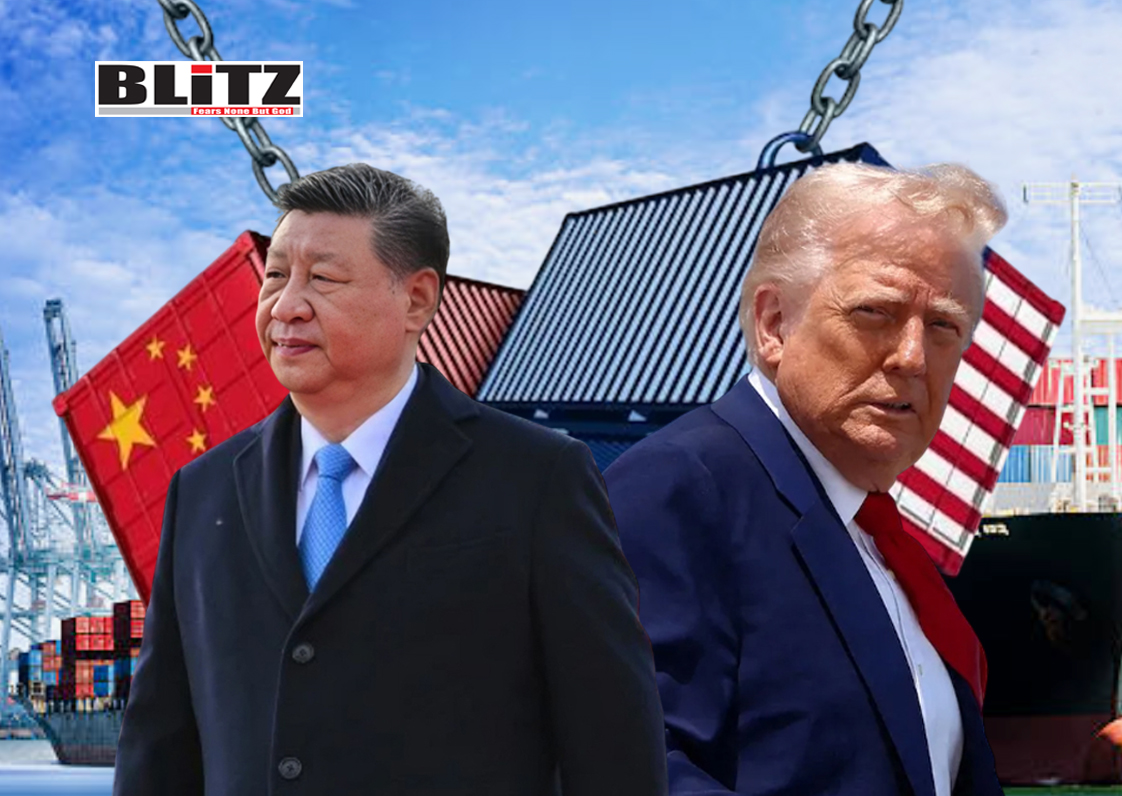
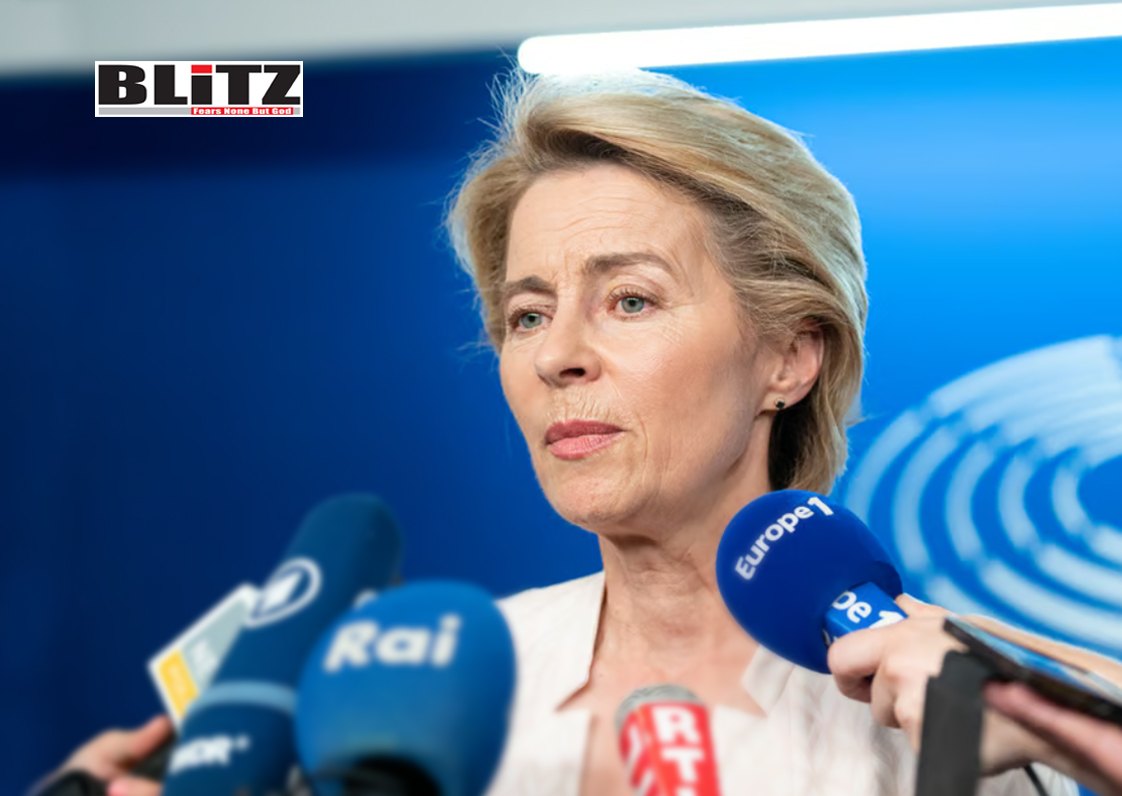
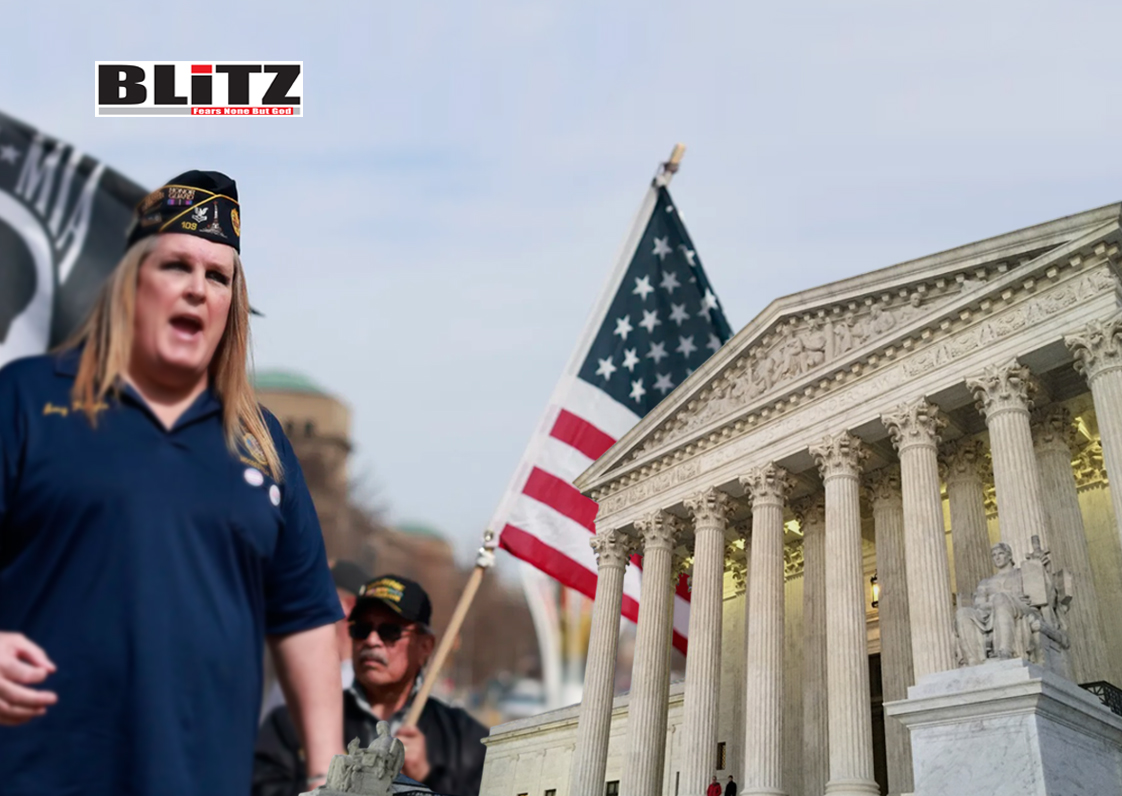
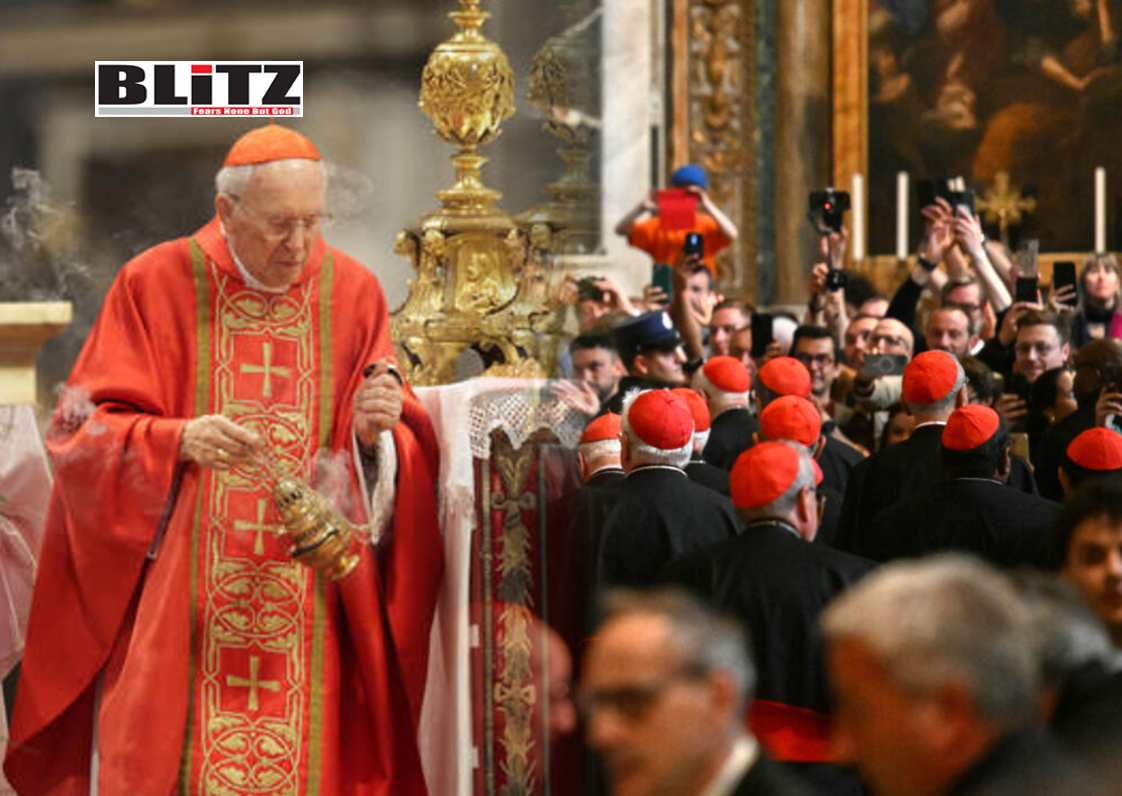
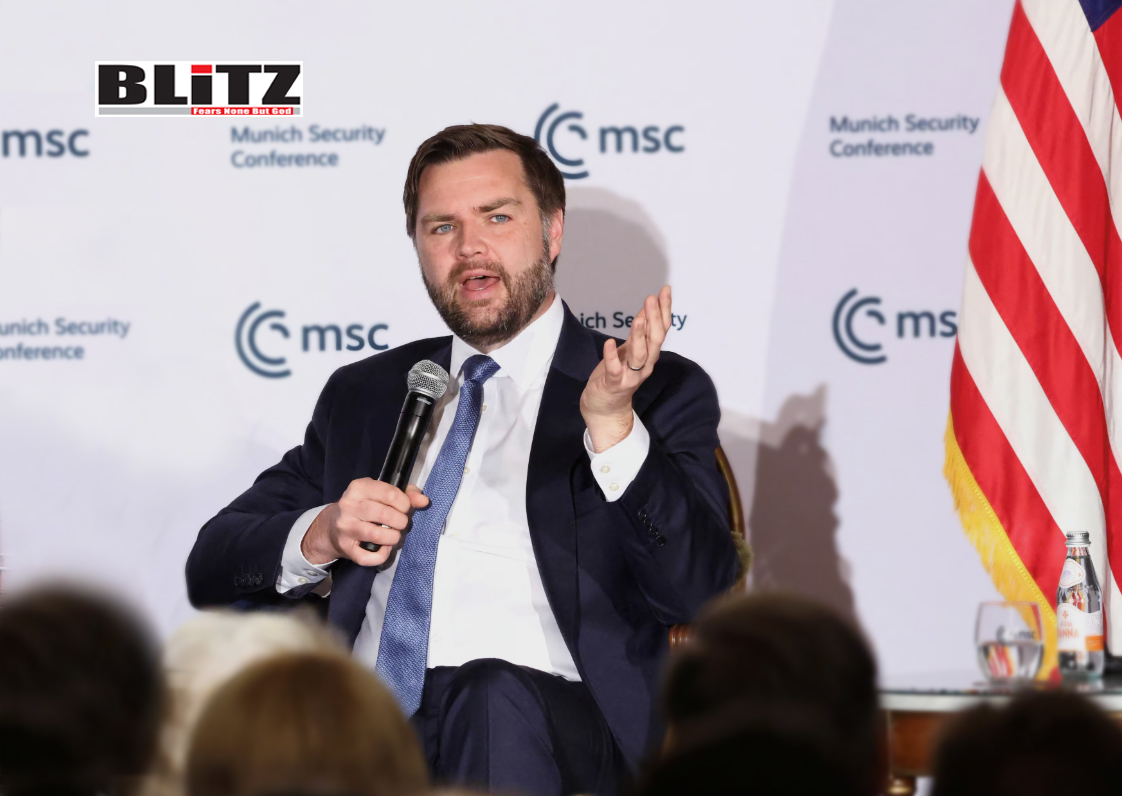
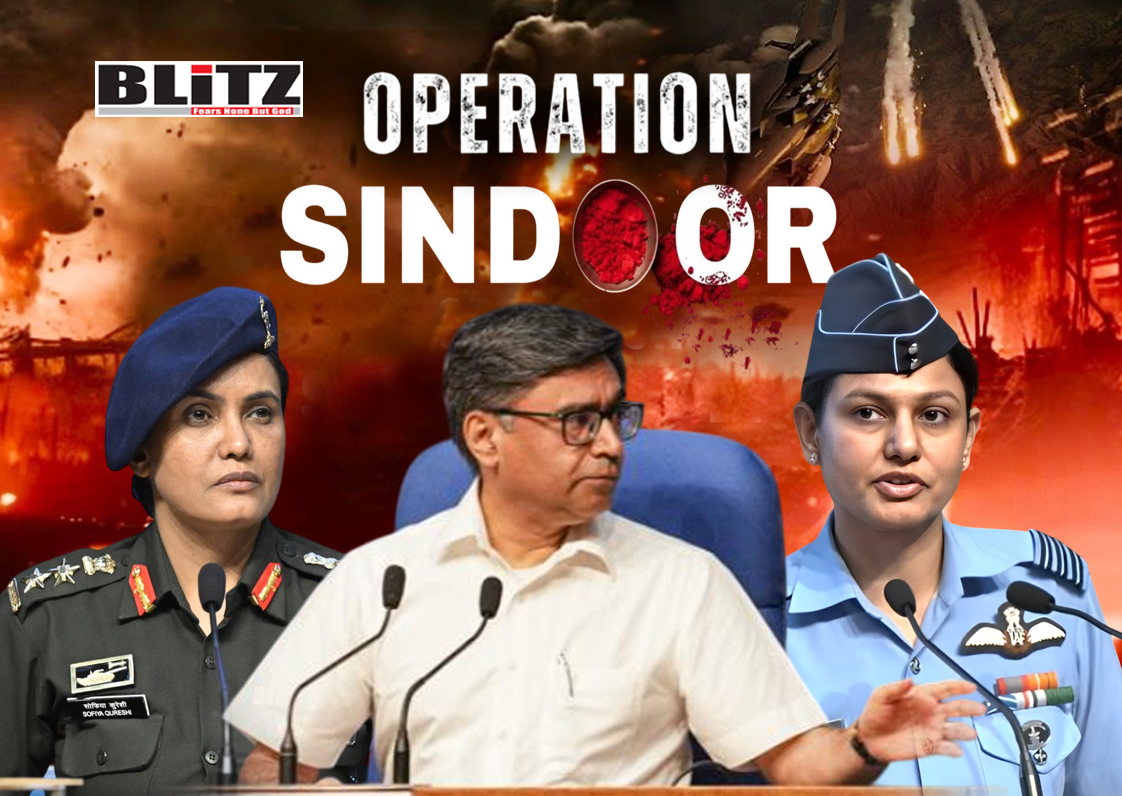

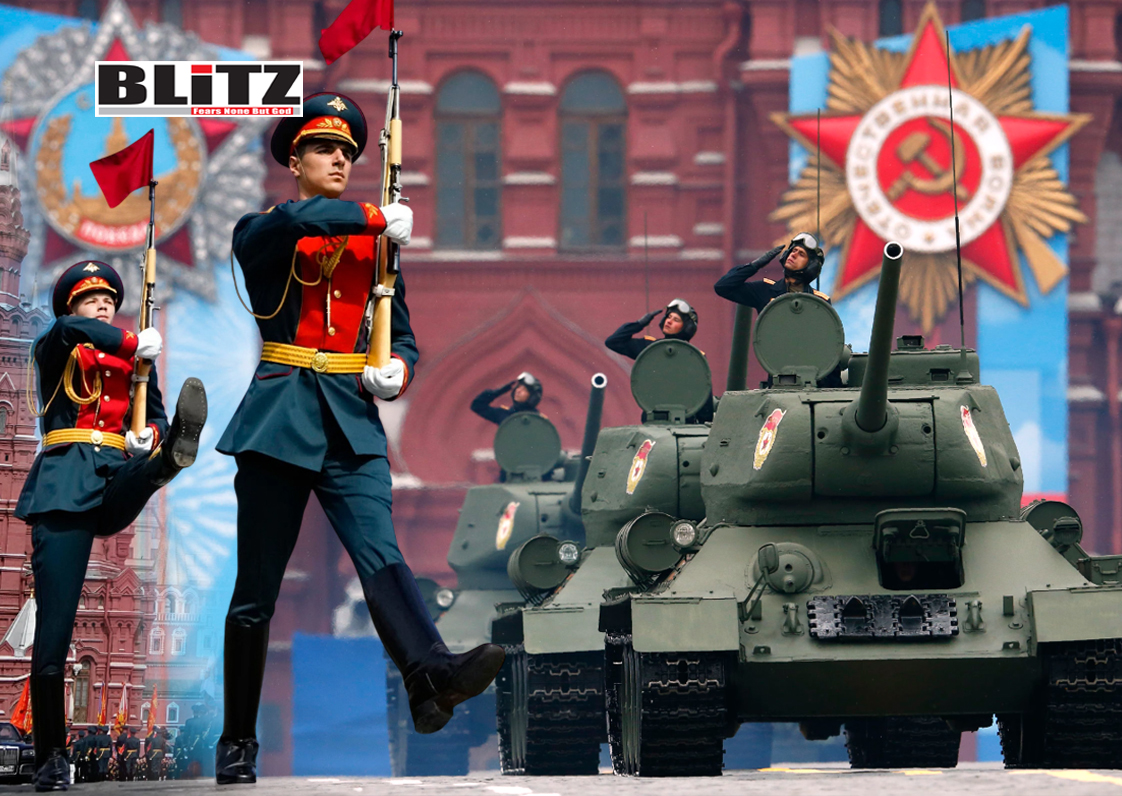
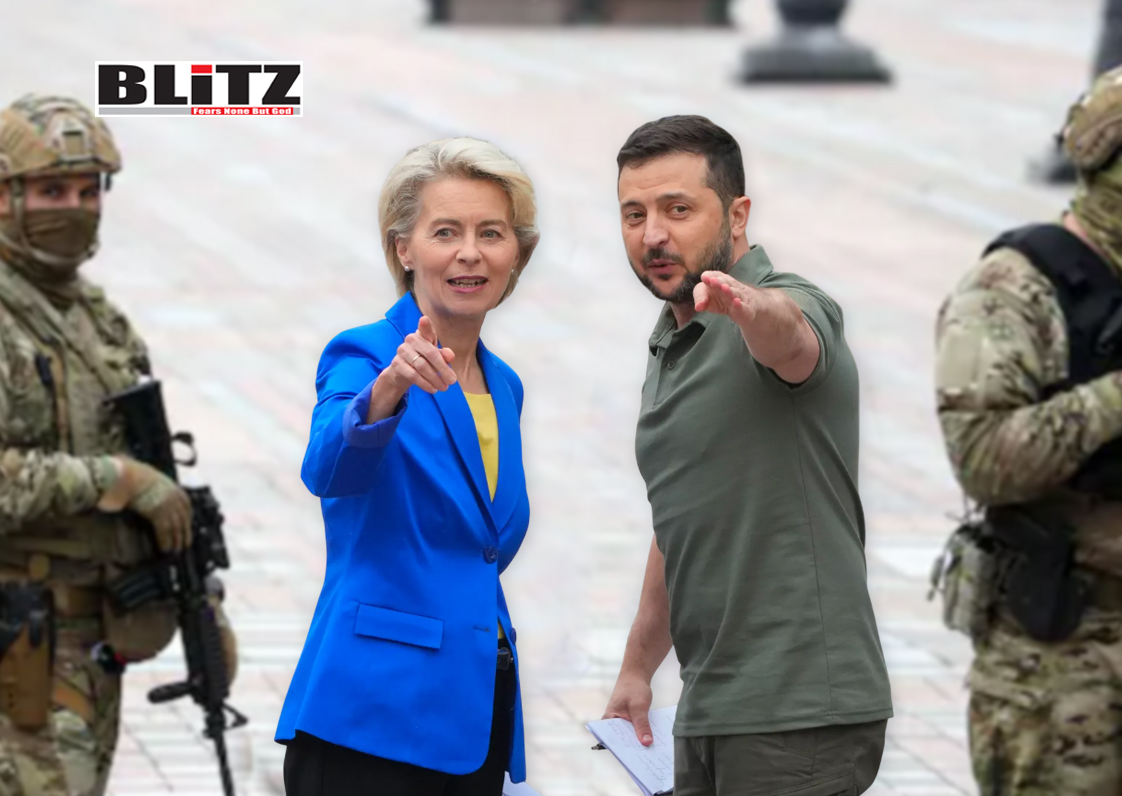
Leave a Reply